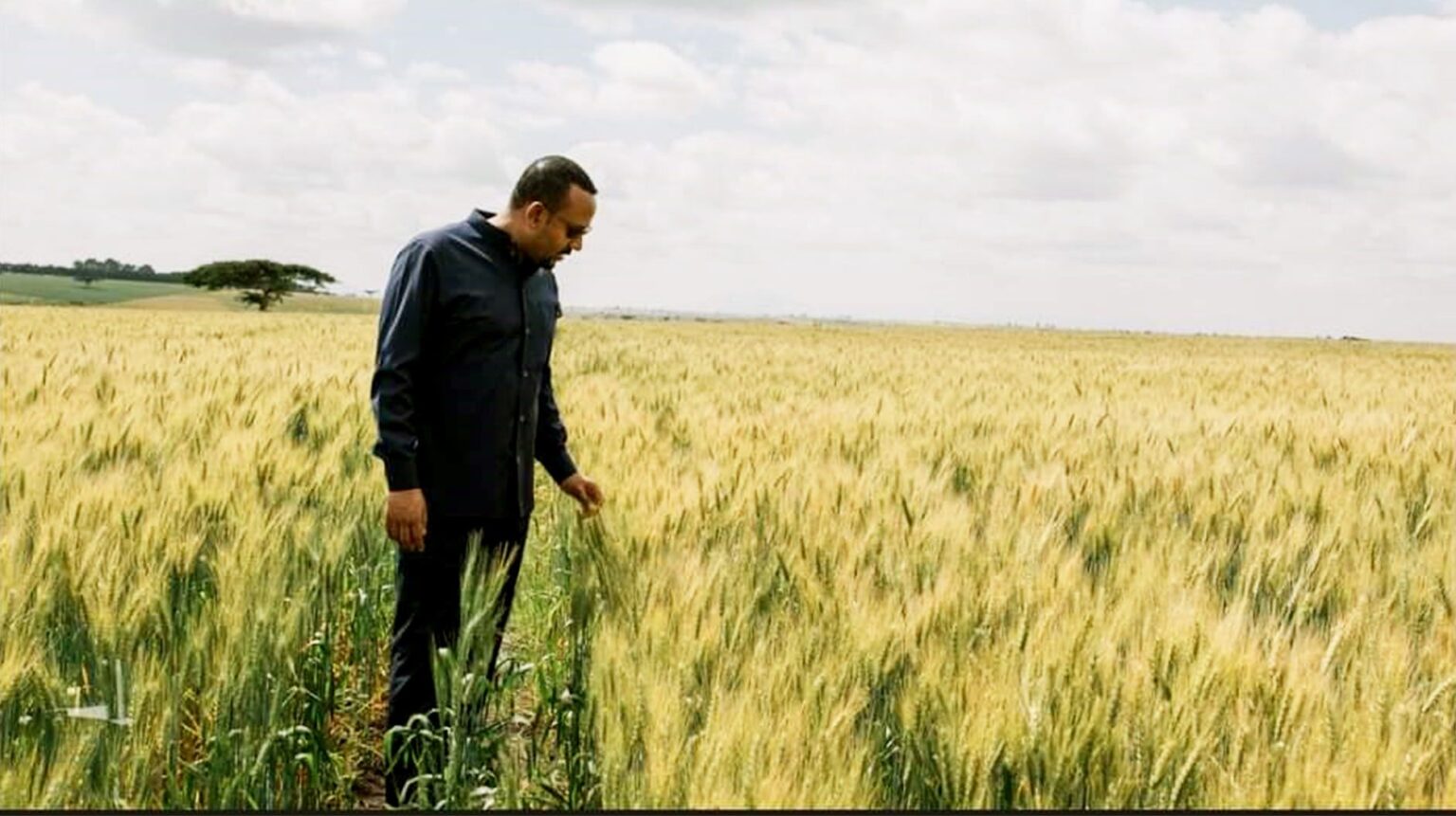- Fresh financing will bolster Ethiopia’s progress in achieving wheat self-sufficiency.
- Data shows Ethiopia’s wheat productivity has struggled to match the demands of a rising population, urbanization, and economic expansion over the past decade.
- Statistics show that Ethiopia’s annual wheat imports average roughly $600 million.
Ethiopia, the second-largest wheat producer in sub-Saharan Africa, has received a significant boost from the African Development Bank (AfDB) in the form of an $84.3 million grant aimed at propelling the nation’s wheat production to new heights.
The grant, a collaborative effort between the AfDB, the Government of the Netherlands, agribusiness firm OCP Africa, and the Global Center on Adaptation, holds the promise of not only enhancing wheat production but also bolstering exports.
CREW initiative in Ethiopia’s wheat production
As wheat gains prominence as a major crop cultivated across the vast expanse of African plains, Ethiopia strategically positions itself as a pivotal player in the sub-sector.
The recent grant agreement, officially signed on August 2, 2023, between Ethiopia’s Finance Minister Ahmed Shide and Abdul Kamara, the AfDB Group Deputy Director General for East Africa, marks a pivotal step forward in the implementation of the Climate Resilient Wheat Value Chain Development (CREW) initiative.
The CREW initiative, at its core, seeks to address the vulnerability of Ethiopia’s agriculture sector—particularly its wheat production—to the challenges posed by climate change. In the deal, the Ethiopian government will contribute $10 million in counterpart funding, underscoring its commitment to fostering agricultural resilience and security.
Abdul Kamara elaborates on the far-reaching implications of the CREW Project, emphasizing its role in ensuring Ethiopian farmers’ access to essential agricultural inputs.
By elevating local wheat production, the project aims to mitigate potential supply disruptions exacerbated by global crises, such as the Russia-Ukraine war and the lingering impact of Covid-19.
Moreover, it aspires to sustain Ethiopia’s impressive progress in achieving wheat self-sufficiency and cultivating an export-oriented approach—a blueprint that neighboring African nations can adopt.
The significance of this venture becomes clearer against the backdrop of global wheat statistics. Africa contributed around 25.7 million metric tonnes of wheat during the 2020/2021 trade year, as reported by Statista.
Concurrently, the Food and Agriculture Organization (FAO) highlights the adverse impact of rainfall deficits on North Africa’s 2023 wheat harvest.
Alarmingly, humanitarian reports underscore the severe food insecurity affecting around 20.1 million Ethiopians due to drought and escalating food prices.
Read Also: Lessons from Ethiopia increasing its local wheat production
Ethiopia’s annual wheat imports
Ethiopia’s commitment to revitalizing its food basket and fortifying agricultural production is evident. Despite being the region’s leading wheat producer, the nation’s productivity and output have struggled to match the demands fueled by rapid population growth, urbanization, and economic expansion over the past decade. This has led to annual wheat imports worth approximately $600 million. However, Prime Minister Abiy Ahmed has set a goal of halting wheat imports and transitioning into a wheat-exporting nation.
The AfDB-backed initiative focuses not only on financial investment but also on technological innovation. Collaborating with seed companies, the Ethiopian government aims to provide farmers with heat-tolerant wheat varieties tailored to the lowlands, where elevated daytime temperatures inhibit regular wheat yields.
Ambassador Girma Biru, a macroeconomic advisor to the Prime Minister, highlights the progress made in wheat production—a journey marked by increased yields, expanded cultivation, and even surplus production. The signed contract for wheat exportation to countries including Sudan and Kenya echoes Ethiopia’s strides in global agriculture.
Also Read: Alarm as 23 million face acute food insecurity in Horn of Africa
Climate smart wheat production
AfDB’s financial support aligns seamlessly with Ethiopia’s overarching developmental aspirations. The grant underscores AfDB’s commitment to propelling Ethiopia toward its vision of becoming a lower-middle-income country by 2025.
The CREW initiative encompasses three essential components: Climate Smart Wheat Productivity and Production, Market Infrastructure and Agri-Finance Linkages, and Project Coordination and Management.
With the backing of AfDB, CREW is poised to elevate Ethiopia’s wheat industry, and empower small-scale farmers.
As Ethiopia’s agricultural journey unfolds, it serves as an example of innovation and resilience on the global stage. The successful implementation of CREW stands to revolutionize the nation’s wheat industry. It also underscores the power of collaborative efforts and strategic investment in transforming Africa’s agriculture.
